January 18 stands as one of history’s most eventful days, witnessing the rise and fall of empires, groundbreaking discoveries, and moments that shaped our modern world across centuries of human achievement.
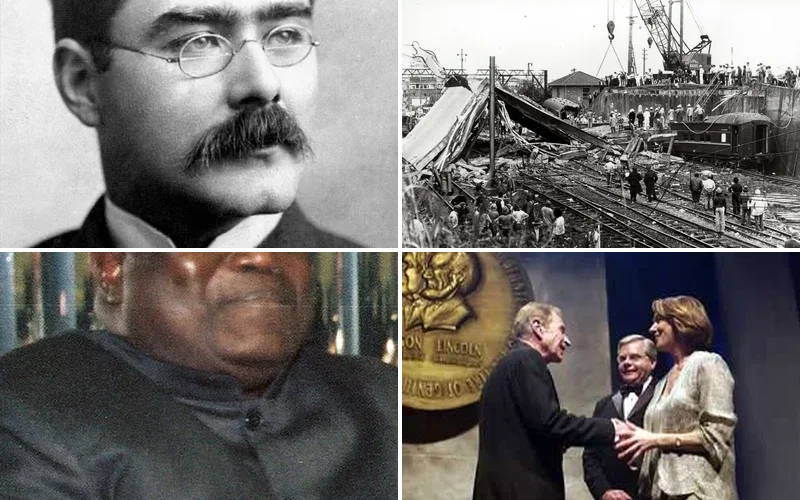
Politics and Government Events on January 18
1919 – World War I Paris Peace Conference Opens
The Paris Peace Conference commenced in Versailles, France, bringing together world leaders to reshape the post-war global order. Delegates from 32 nations gathered to negotiate terms that would fundamentally alter international relations.
The conference would ultimately produce the Treaty of Versailles and establish the League of Nations. These agreements redrew national boundaries and established new principles of international diplomacy.
1919 – Ignacy Jan Paderewski Becomes Prime Minister of Poland
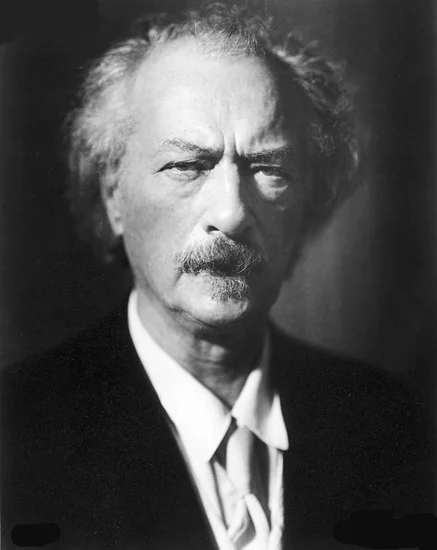
The renowned pianist and composer Ignacy Jan Paderewski assumed leadership of newly independent Poland as Prime Minister. His appointment symbolized the nation’s cultural renaissance alongside its political rebirth.
Paderewski’s dual identity as artist and statesman embodied Poland’s aspirations for both cultural and political sovereignty. His leadership helped establish Poland’s legitimacy on the international stage.
1932 – Alt Llobregat Insurrection Erupts in Catalonia
Revolutionary forces launched an armed uprising in Central Catalonia, Spain, challenging the established political order. The insurrection reflected growing social tensions and political instability across the Spanish Republic.
Local workers and anarchists coordinated attacks against government installations and symbols of authority. The uprising demonstrated the deepening ideological divisions that would eventually lead to civil war.
1981 – Washington D.C. Mayor Marion Barry Arrested
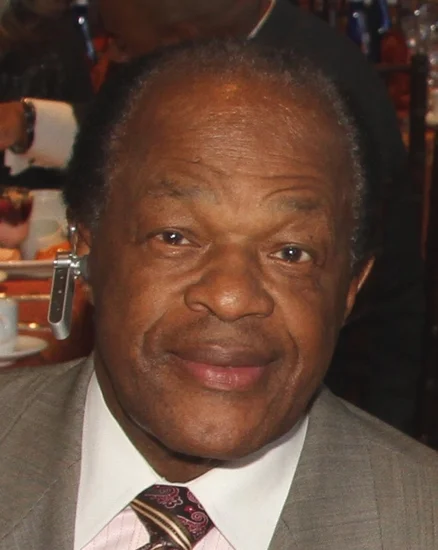
FBI agents arrested Washington D.C. Mayor Marion Barry on drug possession charges in a dramatic sting operation. The arrest shocked the nation and exposed the intersection of political power and personal corruption.
Barry’s arrest became a defining moment in American urban politics during the 1980s. The scandal highlighted broader issues of governance and accountability in major American cities.
2002 – Sierra Leone Civil War Declared Over
The brutal Sierra Leone Civil War officially ended after more than a decade of devastating conflict. International intervention and diplomatic efforts finally brought peace to the war-torn West African nation.
The conflict had displaced millions and shocked the world with its systematic use of child soldiers. The war’s end marked a crucial step toward regional stability and post-conflict reconstruction.
Military and Naval History on January 18
1913 – Greek Victory in Naval Battle of Lemnos
The Greek flotilla achieved a decisive victory over the Ottoman Navy in the Naval Battle of Lemnos during the First Balkan War. This naval triumph secured Greek control over the strategically important Northern Aegean islands.
The victory demonstrated Greece’s growing naval capabilities and effectively ended Ottoman maritime dominance in the region. Greek forces consolidated their territorial gains and strengthened their position for future negotiations.
1941 – British Counter-offensive Against Italian East Africa
British forces launched a comprehensive counter-offensive against Italian positions in East Africa during World War II. The operation marked a significant escalation in the African theater of the global conflict.
Commonwealth troops coordinated attacks across multiple fronts to challenge Italian colonial control. The offensive would ultimately lead to the liberation of Ethiopia and the restoration of Emperor Haile Selassie.
1943 – Warsaw Ghetto Uprising Begins
Jewish resistance fighters launched the first organized uprising against Nazi forces in the Warsaw Ghetto. This act of defiance marked a crucial moment of resistance against the Holocaust’s systematic persecution.
The uprising demonstrated extraordinary courage in the face of overwhelming odds and certain death. These brave fighters became symbols of resistance against Nazi oppression throughout occupied Europe.
1945 – Red Army Liberates Kraków
Soviet forces liberated the historic Polish city of Kraków from Nazi occupation during World War II. The liberation preserved much of the city’s architectural heritage and cultural treasures from destruction.
Kraków’s liberation marked a significant milestone in the Eastern Front campaign toward Berlin. The city’s relatively intact condition made it one of Poland’s best-preserved medieval centers.
1972 – Mukti Bahini Lays Down Arms in Bangladesh
Members of the Mukti Bahini resistance movement formally surrendered their weapons to the newly independent Bangladesh government. This act symbolized the successful transition from armed liberation struggle to legitimate statehood.
The gesture occurred just one month after Bangladesh achieved independence from Pakistan through military victory. The peaceful transition of armed forces demonstrated the new nation’s commitment to democratic governance.
Science and Discovery Milestones on January 18
1977 – CDC Identifies Legionnaires’ Disease Bacterium
Scientists at the Centers for Disease Control and Prevention announced the identification of the mysterious bacterium causing Legionnaires’ disease. This breakthrough solved one of the most perplexing medical mysteries of the decade.
The discovery of Legionella pneumophila explained the outbreak that had killed 34 people at a Philadelphia hotel. This identification revolutionized understanding of waterborne bacterial infections and public health safety protocols.
2005 – Airbus A380 Unveiled in Toulouse
The Airbus A380, the world’s largest commercial jetliner, was unveiled in a spectacular ceremony in Toulouse, France. This engineering marvel represented the pinnacle of aviation technology and international aerospace cooperation.
The massive aircraft could carry up to 850 passengers and challenged Boeing’s dominance in the wide-body aircraft market. The A380’s development required unprecedented collaboration between European aerospace manufacturers and suppliers.
1911 – Eugene Ely Lands on USS Pennsylvania
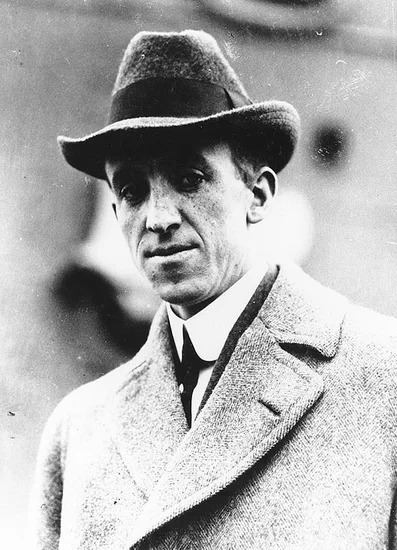
Eugene B. Ely achieved the first successful aircraft landing on a ship when he touched down on the USS Pennsylvania in San Francisco Bay. This historic feat demonstrated the potential for naval aviation and aircraft carrier operations.
Ely’s pioneering flight proved that aircraft could operate from ships, revolutionizing naval warfare concepts. His achievement laid the foundation for the development of aircraft carriers as dominant naval weapons platforms.
Cultural and Arts Events on January 18
2008 – Euphronios Krater Returns to Italy
The Metropolitan Museum of Art returned the ancient Euphronios Krater to Italy after decades of international legal disputes. The 2,500-year-old Greek vase was unveiled in Rome amid celebrations of cultural heritage preservation.
The krater’s return marked a significant victory for Italy’s efforts to reclaim looted archaeological treasures. This precedent-setting repatriation influenced international policies regarding cultural property and museum ethics.
1978 – European Court Rules on UK Prisoner Treatment
The European Court of Human Rights delivered a landmark ruling finding the United Kingdom guilty of mistreating prisoners in Northern Ireland. The court stopped short of declaring the treatment constituted torture, creating important legal distinctions.
The ruling established crucial precedents for international human rights law and prisoner treatment standards. This decision influenced subsequent European human rights jurisprudence and accountability mechanisms.
1993 – Martin Luther King Jr. Day Observed Nationally
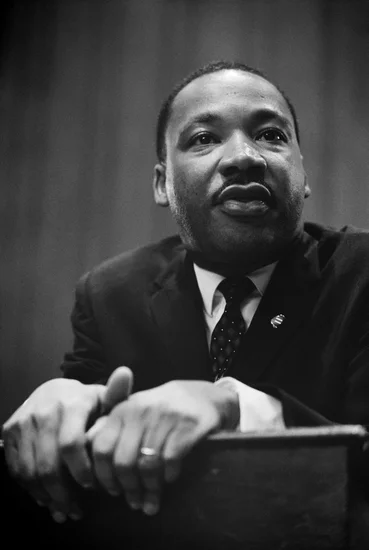
Martin Luther King Jr. Day was officially observed for the first time in all 50 United States, marking a milestone in American civil rights commemoration. The federal holiday honored the slain civil rights leader’s legacy and contributions to social justice.
The nationwide observance represented decades of advocacy and legislative efforts to establish the holiday. This achievement demonstrated the enduring power of King’s message and the civil rights movement’s lasting impact.
Religious and Social Events on January 18
1967 – Boston Strangler Conviction
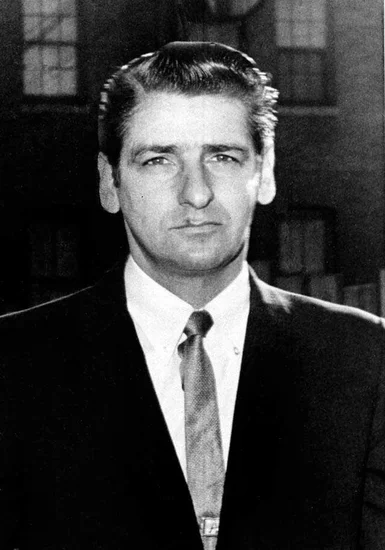
Albert DeSalvo, known as the “Boston Strangler,” was convicted of numerous crimes and sentenced to life imprisonment. The case had terrorized Boston residents and captivated national attention for years.
DeSalvo’s conviction brought closure to one of America’s most notorious serial killer cases. The investigation pioneered new forensic techniques and criminal profiling methods that influenced law enforcement practices.
1974 – Israeli-Egyptian Disengagement Agreement
Israel and Egypt signed a Disengagement of Forces agreement, effectively ending conflict on the Egyptian front of the Yom Kippur War. The agreement marked a crucial step toward eventual peace between the two nations.
This diplomatic breakthrough demonstrated the possibility of negotiated settlements in Middle Eastern conflicts. The agreement paved the way for future peace negotiations and the eventual Camp David Accords.
1975 – Karantina Massacre in Beirut
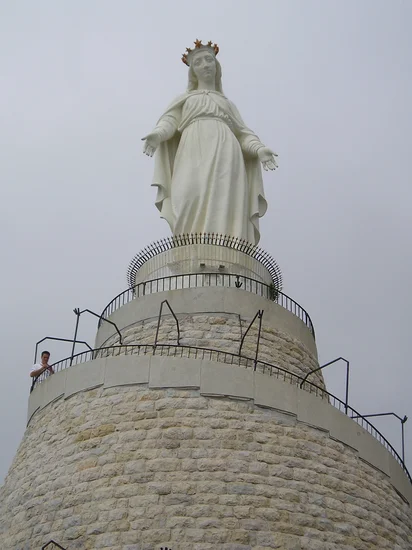
Lebanese Christian militias killed at least 1,000 people in the Karantina district of Beirut during the Lebanese Civil War. This massacre represented one of the conflict’s most brutal sectarian atrocities.
The Karantina killings escalated sectarian tensions and contributed to the cycle of violence that devastated Lebanon. The massacre demonstrated how ethnic and religious divisions could explode into systematic violence.
Business and Economic Events on January 18
1915 – Japan Issues Twenty-One Demands to China
Japan issued the “Twenty-One Demands” to the Republic of China, seeking to dramatically expand its economic and political influence in East Asia. These demands threatened Chinese sovereignty and alarmed Western powers.
The demands included Japanese control over German concessions in Shandong and expanded railway rights throughout China. China’s eventual acceptance of modified demands marked a significant shift in regional power dynamics.
2012 – Websites Protest SOPA and PIPA

More than 115,000 websites participated in an unprecedented online protest against the Stop Online Piracy Act and Protect IP Act. Major platforms including Wikipedia temporarily shut down to demonstrate opposition to the proposed legislation.
The coordinated protest represented one of the largest digital activism campaigns in internet history. The demonstration successfully influenced public opinion and contributed to the eventual shelving of both controversial bills.
1933 – Ray Dolby Born
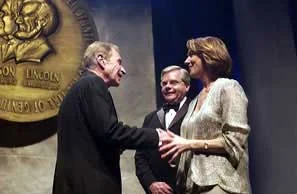
Ray Dolby entered the world in Portland, Oregon, destined to revolutionize audio technology. His childhood interest in electronics and sound quality would shape the future of audio reproduction.
Dolby would later found Dolby Laboratories and develop the noise reduction systems that bear his name. His innovations became industry standards in recording studios, cinemas, and consumer electronics worldwide.
Transportation and Infrastructure on January 18
1977 – Granville Train Disaster in Sydney

Australia’s worst rail disaster occurred at Granville, Sydney, when a commuter train derailed and struck a road bridge support. The catastrophic accident killed 83 people and injured hundreds more.
The disaster exposed serious safety deficiencies in Australia’s rail infrastructure and prompted comprehensive reforms. Investigation findings led to improved safety protocols and infrastructure maintenance standards nationwide.
1960 – Capital Airlines Flight 20 Crashes
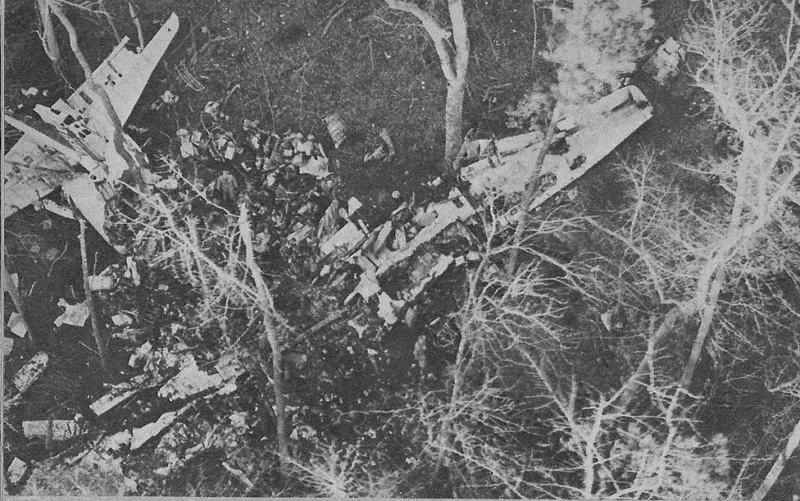
Capital Airlines Flight 20 crashed into a farm in Charles City County, Virginia, killing all 50 people aboard. The tragedy marked the third fatal Capital Airlines crash in three consecutive years.
The string of accidents severely damaged the airline’s reputation and raised questions about aviation safety standards. The crashes contributed to Capital Airlines’ eventual merger with United Airlines in 1961.
1988 – China Southwest Airlines Crash
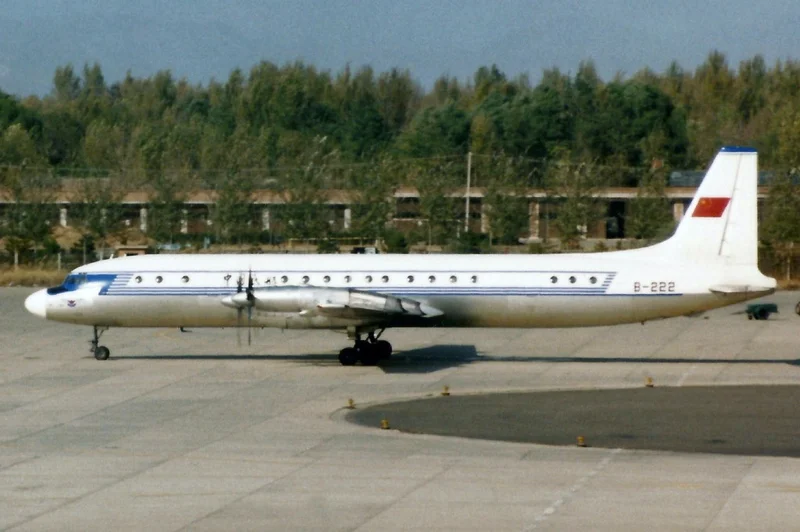
China Southwest Airlines Flight 4146 crashed near Chongqing Baishiyi Airport, killing all 98 passengers and 10 crew members. The disaster highlighted safety concerns in China’s rapidly expanding aviation industry.
The crash prompted significant improvements in Chinese aviation safety protocols and pilot training programs. The tragedy underscored the challenges facing developing nations in maintaining international aviation safety standards.
Sports and Recreation on January 18
1958 – Willie O’Ree Makes NHL History
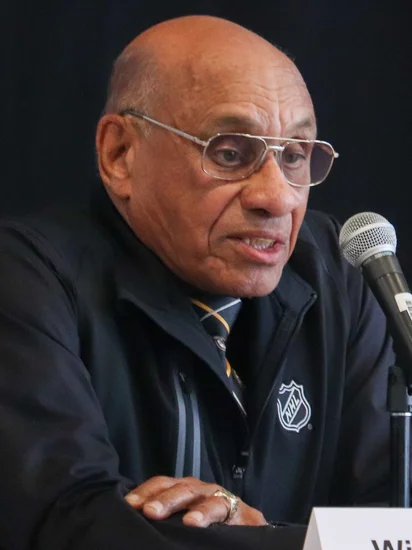
Willie O’Ree became the first Black Canadian to play in the National Hockey League when he debuted with the Boston Bruins. His historic appearance broke the NHL’s color barrier and paved the way for future generations.
O’Ree faced significant racial discrimination throughout his career but persevered to inspire countless young athletes. His courage and determination opened doors for diversity in professional hockey.
1983 – Jim Thorpe’s Olympic Medals Restored
The International Olympic Committee restored Jim Thorpe’s Olympic medals to his family, finally recognizing the legendary athlete’s achievements. The decision corrected a decades-old injustice that had stripped Thorpe of his 1912 Olympic honors.
Thorpe’s vindication came 70 years after officials stripped his medals for alleged professionalism violations. The restoration acknowledged changing attitudes toward amateurism and recognized Thorpe’s status as one of sport’s greatest athletes.
1980 – First Successful BASE Jump from All Categories
Phil Smith and Phil Mayfield achieved the first successful BASE jump from all four categories by parachuting off a Houston skyscraper. Their feat completed jumps from buildings, antennae, spans, and earth formations.
The achievement marked a milestone in extreme sports and established BASE jumping as a recognized discipline. Their success demonstrated the evolution of parachuting from military necessity to recreational adventure sport.
Notable Births on January 18
1904 – Cary Grant Born
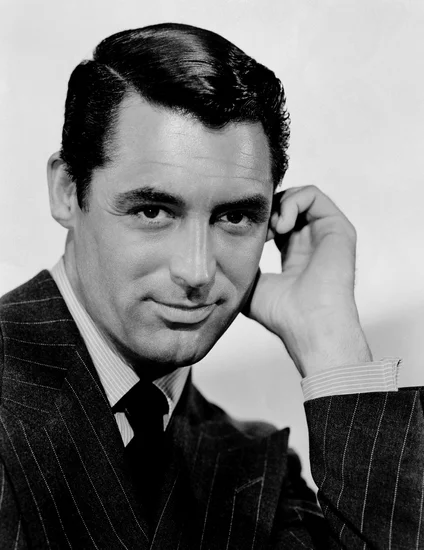
Cary Grant entered the world in Bristol, England, destined to become one of Hollywood’s most sophisticated leading men. His working-class origins would contrast sharply with his later image as the epitome of elegance.
Grant would transform himself from Archibald Leach into an international movie star and cultural icon. His refined charm and impeccable timing made him one of cinema’s most beloved and enduring performers.
1911 – Danny Kaye Born
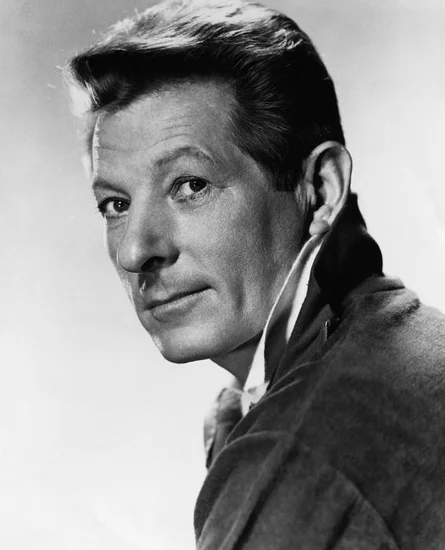
Danny Kaye was born in Brooklyn, New York, bringing natural comedic talent and boundless energy into the world. His childhood performances in neighborhood shows hinted at his future entertainment career.
Kaye would become a master of physical comedy, song, and dance, entertaining audiences across multiple mediums. His humanitarian work with UNICEF demonstrated his commitment to using fame for positive social impact.
1944 – Paul Keating Born

Paul Keating was born in Sydney, Australia, entering a working-class family that would shape his populist political instincts. His early interest in politics and economics set the stage for his future leadership.
Keating would become Australia’s 24th Prime Minister and champion significant economic reforms. His passionate advocacy for Australian republicanism and Asian engagement transformed the nation’s international identity.
1955 – Kevin Costner Born

Kevin Costner was born in Lynwood, California, beginning a journey that would lead to Hollywood stardom. His athletic background and natural charisma would later translate into compelling screen performances.
Costner would become one of America’s most bankable movie stars and successful directors. His films celebrating American themes and values resonated with audiences worldwide and earned critical acclaim.
1969 – Dave Bautista Born

Dave Bautista entered the world in Washington, D.C., destined for careers in both professional wrestling and Hollywood acting. His imposing physical presence would become his trademark across multiple entertainment fields.
Bautista would achieve success as a WWE champion before transitioning to major film roles. His dramatic range surprised critics and established him as a versatile performer beyond action movies.
Notable Deaths on January 18
1936 – Rudyard Kipling Dies
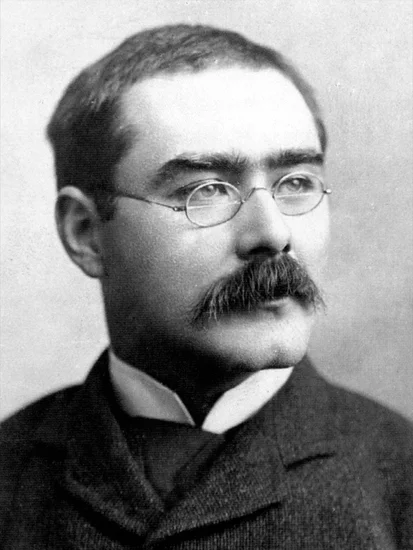
Rudyard Kipling, the English author and Nobel Prize laureate, passed away at age 70. His literary works had defined British imperial literature and influenced generations of writers worldwide.
Kipling’s stories of India and the British Empire captured the imagination of readers across the globe. His complex legacy includes both celebration of adventure and criticism of colonial attitudes.
1952 – Curly Howard Dies
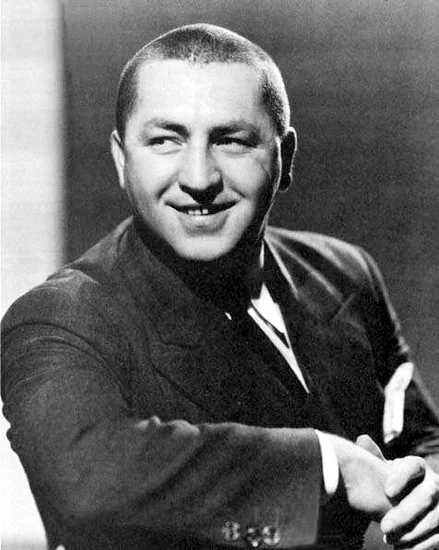
Curly Howard, the beloved member of The Three Stooges comedy team, died at age 48. His distinctive personality and physical comedy had entertained millions during the golden age of Hollywood shorts.
Howard’s untimely death marked the end of an era for American slapstick comedy. His influence on physical comedy and popular culture continued long after his passing.
2001 – Laurent-Désiré Kabila Assassinated
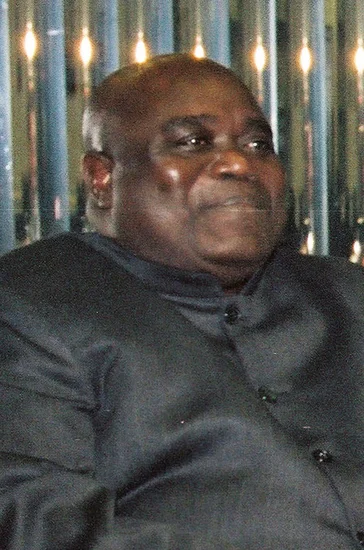
Laurent-Désiré Kabila, President of the Democratic Republic of Congo, was assassinated by his bodyguard. His death destabilized the already fragile Central African nation and triggered a succession crisis.
Kabila’s assassination highlighted the ongoing political instability plaguing the resource-rich but troubled nation. His death complicated international efforts to bring peace to the war-torn region.
2016 – Glenn Frey Dies

Glenn Frey, founding member of the Eagles rock band, passed away at age 67. His songwriting and guitar work had helped create some of the most enduring songs in American popular music.
Frey’s contributions to “Hotel California” and other Eagles classics defined the sound of 1970s rock. His death marked the end of an era for one of America’s most successful rock bands.
2023 – David Crosby Dies

David Crosby, the influential singer-songwriter and founding member of The Byrds and Crosby, Stills & Nash, died at age 81. His distinctive harmonies and songwriting had shaped the sound of folk rock and popular music.
Crosby’s contributions to counterculture music and his candid autobiography made him a iconic figure of the 1960s. His complex personality and artistic genius left an indelible mark on American music.
Holidays and Observances on January 18
Royal Thai Armed Forces Day
Thailand observes Royal Thai Armed Forces Day to honor the nation’s military personnel and their service to the monarchy. The celebration includes ceremonial parades and demonstrations of military capabilities.
The observance reinforces the traditional relationship between Thailand’s military and royal institutions. Military units from across the country participate in elaborate ceremonies showcasing their dedication and professionalism.
Christian Feast Days
Multiple Christian denominations observe various feast days including Amy Carmichael in the Church of England and Athanasius of Alexandria in Eastern Orthodox traditions. These celebrations honor saints and religious figures who shaped Christian history.
The diverse observances reflect the rich tapestry of Christian traditions and their emphasis on remembering faithful servants. These commemorations inspire contemporary believers through examples of dedication and service.
Eastern Orthodox Liturgical Calendar
The Eastern Orthodox Church marks January 18 with specific liturgical observances that vary by jurisdiction and tradition. These celebrations maintain connections to ancient Christian practices and seasonal spiritual themes.
Orthodox communities worldwide participate in special services and readings that reflect the church’s theological traditions. These observances strengthen communal bonds and spiritual devotion throughout the Orthodox world.
